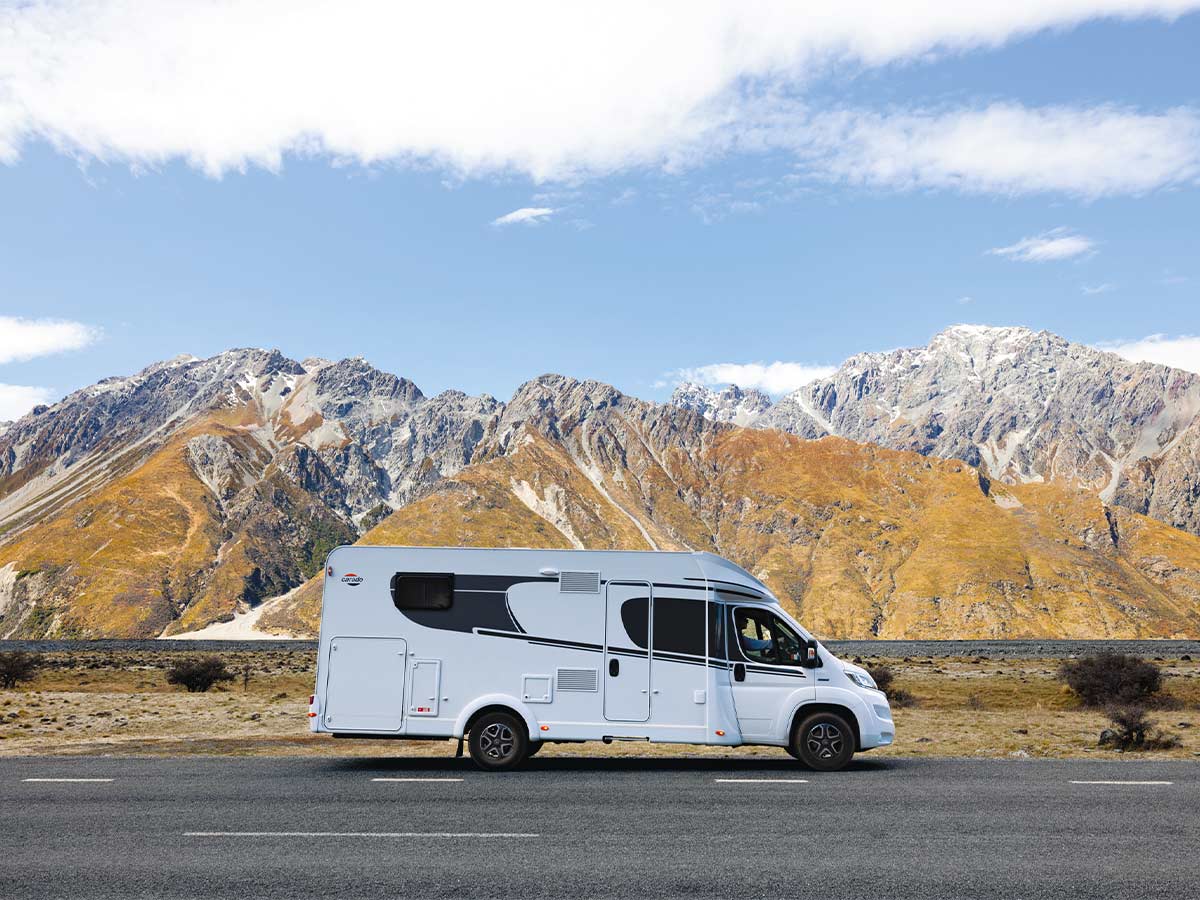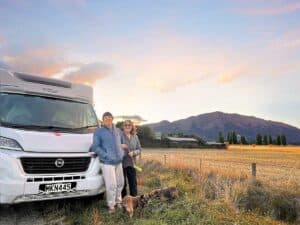The purchase of a new (or new to you) motorhome is an exciting time, and nobody wants to get it wrong. To help you avoid the pitfalls, we’ve compiled a list of things to consider when buying your perfect ‘home on the road’.
Impulse buying is something we’ve all done, and that’s perfectly fine when you realise you bought the wrong size, colour, or shape of a garment. It’s not even a worry when it comes to furnishings or accessories, because consumer laws cover remorse buying, as long as you seek a remedy within a short time frame.
But what if you’re a few short weeks into your first motorhome journey and realise that you’ve made a mistake? It pays to be well-informed from the outset, so you can be certain you’ve made the right choice.
What will you be doing most of the time
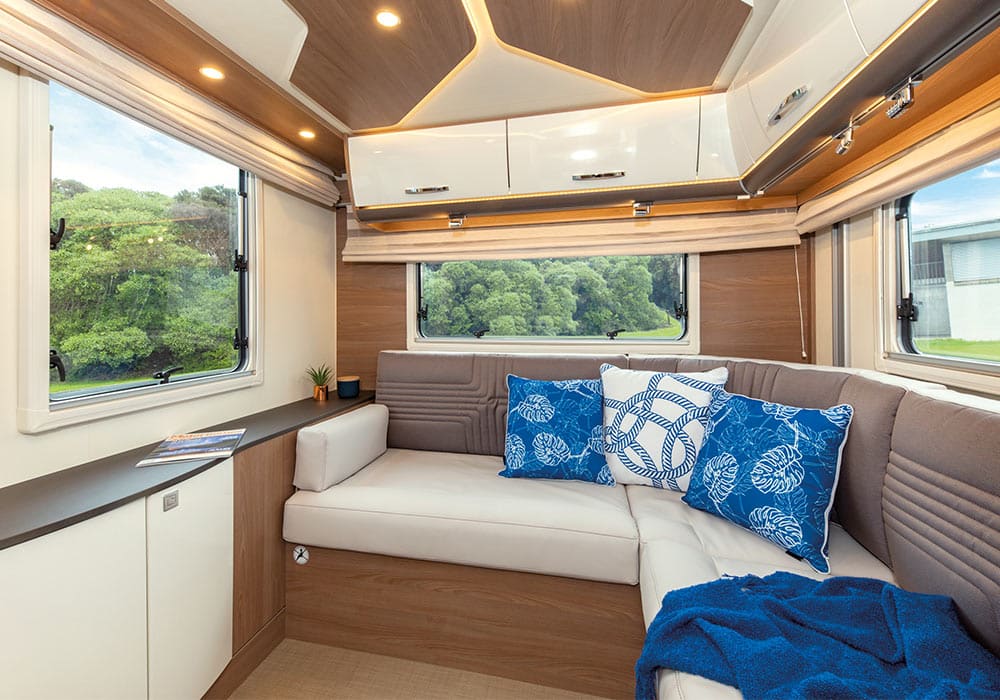
When searching for your ideal motorhome, one of the most important criteria should be what you intend to do most of the time. Think carefully about the proportion of time you’re likely to spend off-grid compared to commercial campsites or NZMCA parks. Consider the type of travel you want to undertake. Will you be on the road often or for long stretches of time? Buy the motorhome that will suit the majority of your travel and camping, rather than the exception.
Then, if you plan to freedom camp on occasion, slightly adjust your routines, like taking shorter showers or leaving the hair dryer at home.
Who’s coming along for the ride?
It’s human nature to think about which friends or family members will come motorhome travelling with you and to purchase a model with this in mind. But do you really need the additional room, storage, and water capacity to cater to guests? The reality for many new motorhome owners is that their grandchildren or best friends aren’t able to join them on their adventures most of the time. Purchasing a larger RV than you actually need can have significant downsides, such as extra beds that add weight and reduce payload. A drop-down bed may not be used that often by your kids but it means you don’t have enough payload to take your e-bikes.
Choosing your right layout
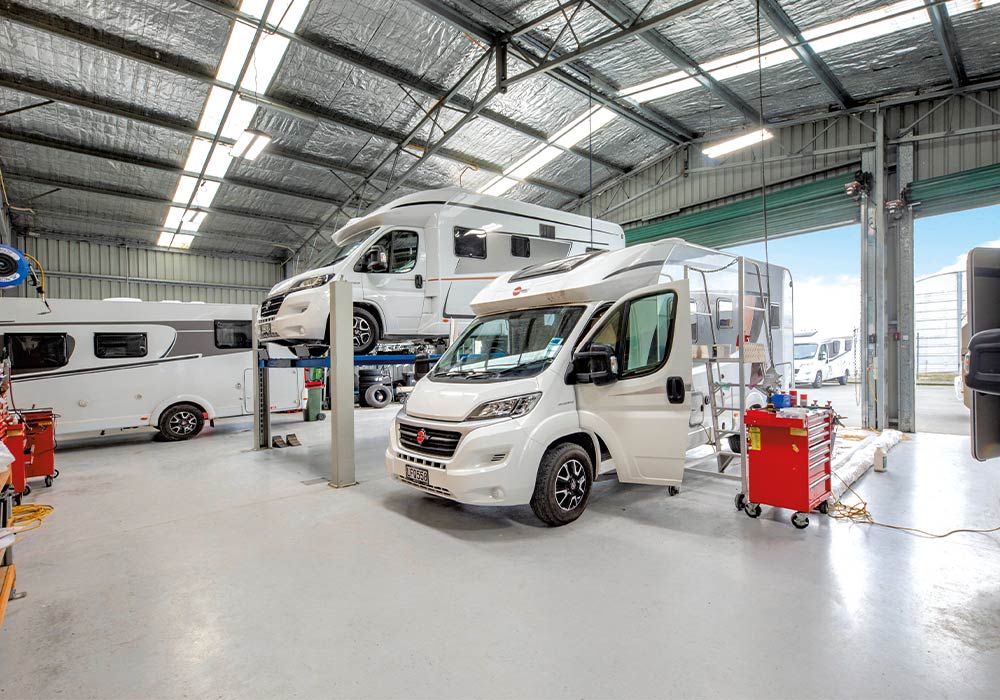
Beds have the single biggest impact on the layout of a motorhome. When considering which floor plan will meet your travel needs, first contemplate the bed. Next, look at what you’ll have to compromise on. First-time motorhome owners will often want a separate shower and toilet, thinking that both may be needed at the same time. In practice, however, this scenario is highly unlikely and many couples travelling in RVs tend to use public toilets on the road when they can.
What’s a realistic budget?
Only you know how much you want to spend on an RV, but it’s important not to hastily rush out and buy all the bells and whistles to add on. Be sure to spend some quality time motorhoming before deciding which add-ons you really want. Issues can also arise when only the purchase price is taken into account, ignoring the realistic on-road costs. Think about what you can afford as a whole, including such things as vehicle insurance, registration, maintenance, servicing, depreciation, and fuel.
How to evaluate a prospective RV
The number-one rule is to buy from a reputable place or person. Cheaper is not always better and there are ongoing issues of service and part-replacement to be considered if you buy a parallel import. Ask about after-sales service and the ease of access to parts and accessories. Always opt for a pre-purchase inspection from an experienced RV mechanic who can properly read the vehicle’s service history and highlight any potential problems.
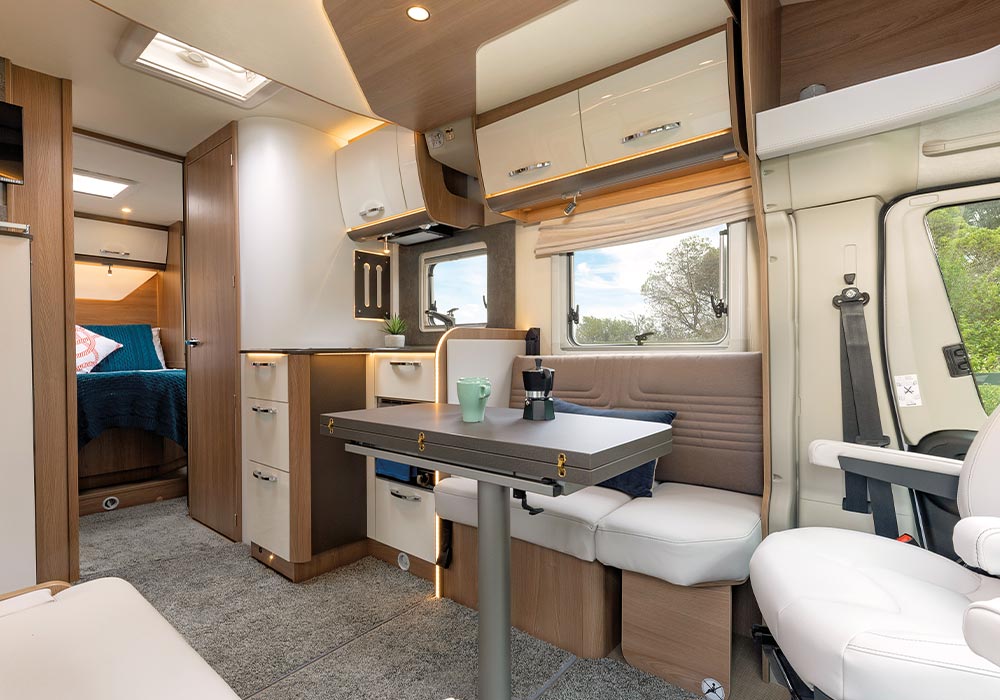
Future-proof
It’s easy to fall in love and a great deal harder to manage the fallout. If you choose wisely when buying an RV, you’ll be able to purchase with an eye to its potential resale value should you decide to upgrade later. Also, consider whether you and your travel companion will still be able to drive the RV in five years’ time as some motorhomes require a heavy vehicle licence. If you decide to buy a heavier motorhome, you’ll both want to be able to continue driving it in the future.
Understanding the acronyms
It’s ok when you’re setting out to admit you don’t know your WoFs from your CoFs. That’s where buying from a trusted retailer can help you to know what you don’t know. Don’t be afraid to ask the seller to explain which certifications apply. Be sure all the relevant certificates of compliance, including the WoF (or CoF), as well as gas and electrical certification, self-containment certification, and warranty details, are included in the purchase price and ensure these are all up to date.
Take a test drive
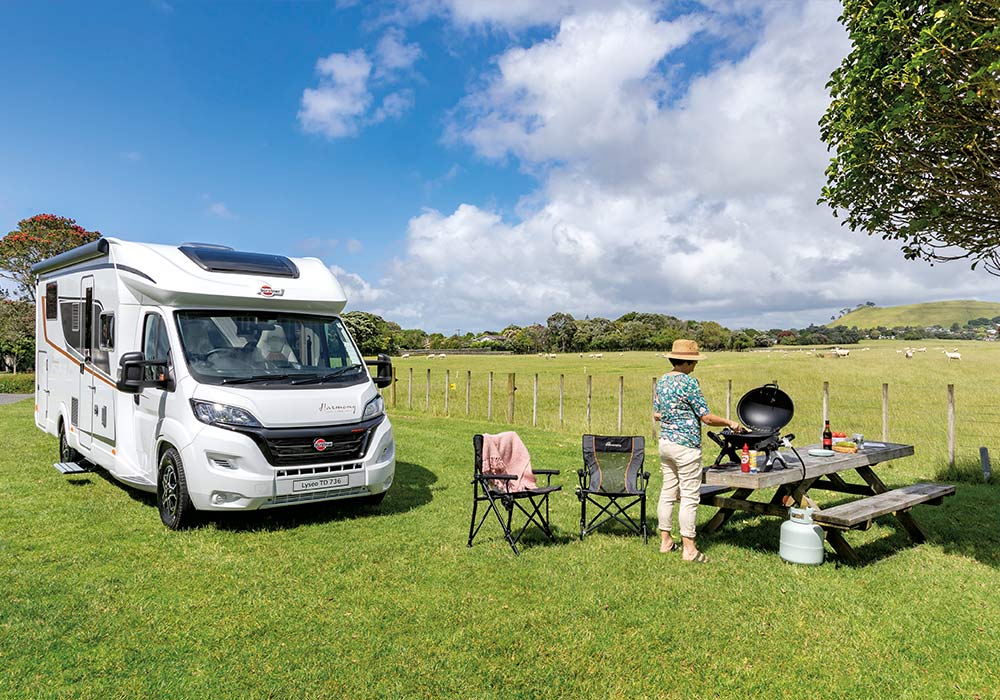
Ask the retailer for a test drive. Check for any rattling while you’re test driving as the last thing you want is a new motorhome with noise issues that can’t be fixed. Find out if you can try a motorhome of interest before you buy to help you make up your mind. Also, ask about the type of handover you will receive if you purchase. The more time the seller is prepared to help you get to grips with your new vehicle, the more integrity they’re likely to have.
They will also be happy for you to take your motorhome for a pre-purchase check unless they have something to hide. A trustworthy retailer will be only too willing to help.

